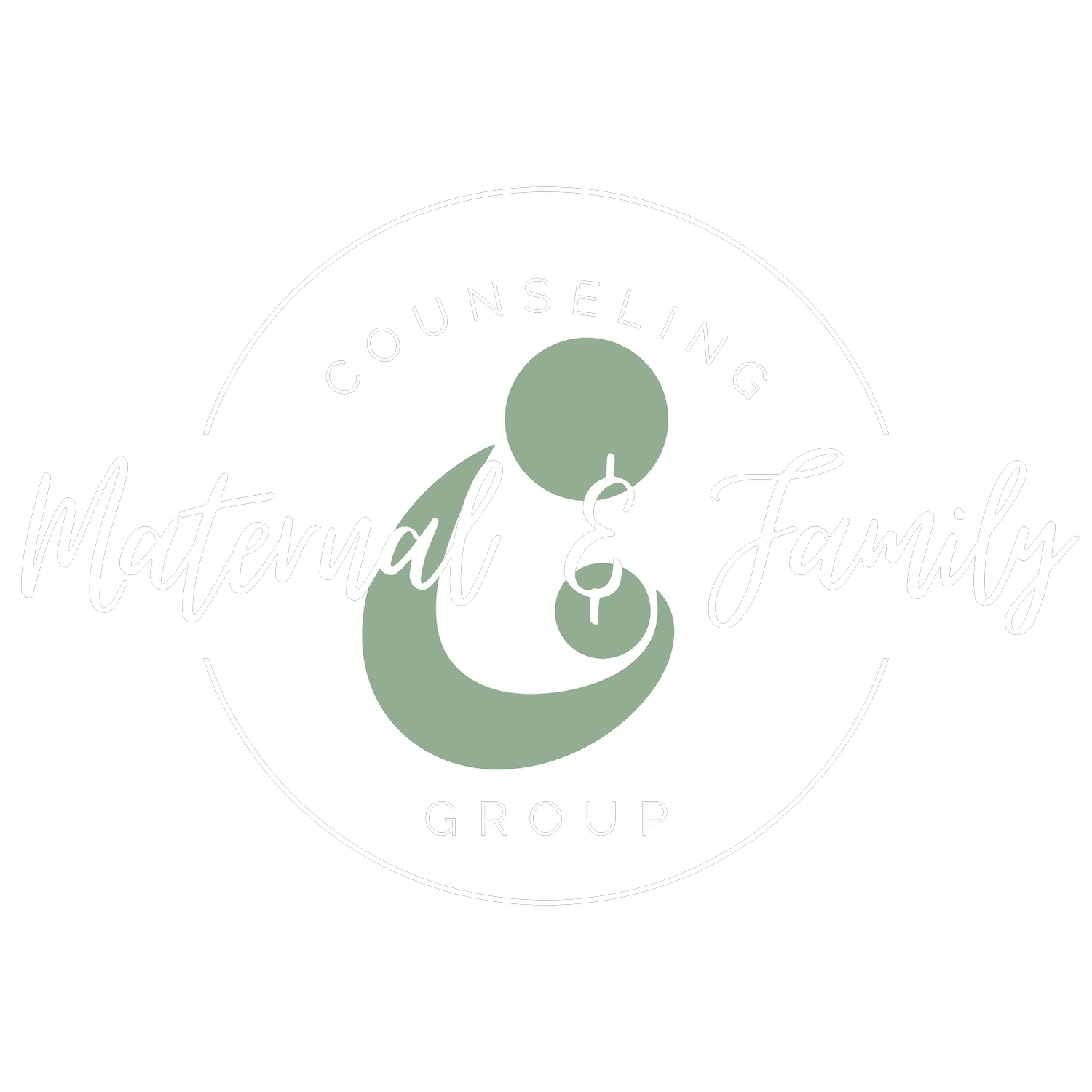Perinatal Depression & Anxiety
Most people have heard the term "postpartum depression". However, this can be a misleading term. We now know that emotional difficulties don't always begin after the baby is born, but can arise at anytime during pregnancy and throughout the first postpartum year. The term "perinatal" was developed to better represent this period of time. Also, we now understand that these difficult emotions don't always "look" like depression. Many women struggle with feelings of anxiety and panic, obsessive or scary thoughts, and even bouts of anger or rage. Some women experience a loss of interest in things they once loved. Many women report changes in sleep, appetite and overall physical and mental energy. Secondary emotions might include guilt, shame and fear of judgement from others. We can help you to identify and understand these emotions while developing your specific course of treatment. Oftentimes, partners and other family members are included in the process to build a strong support system for the mother.
Birth Trauma
Sadly, many women suffer from traumatic birth experiences. Whether the experience was a planned, "routine" cesarean birth or an unexpected medical emergency that put you or your baby's lives at risk, these situations can be traumatic and leave you with lasting emotional (and sometimes physical) wounds. Trauma is a subjective experience and what might be bearable for some, could be potentially devastating for someone else. Unfortunately, many of our clients report feeling a loss of control or being "violated" during their birthing experiences. At times, there are complications that can lead to the baby being placed in the NICU or possibly suffering permanent damage. Some women experience late-term miscarriage or stillbirth. Any of these experiences, no matter how severe, can leave a woman feeling traumatized and can lead to symptoms of post-traumatic stress disorder (PTSD). This is a debilitating disorder characterized by intense fear, flashbacks of the event, nightmares, hyperarousal and avoidance of people, places and situations. Any one of these symptoms can be quite disturbing. Some women are so shaken by their experience that they are afraid to plan for another baby.
Fertility Difficulties
Many couples experience reproductive problems or suffer from infertility. This includes couples who have been trying to conceive on their own without success for over a year, and also women who are not able to carry until full-term. Sometimes couples are faced with the process of undergoing fertility treatments with a reproductive specialist. This can be a long and exhausting road. We have worked with couples who have experienced depression, anxiety, anger and relationship stress while undergoing fertility treatments. There are often difficult decisions to make and both partners might not always be in agreement. Also, many couples experience feelings of low self-worth and shame about their difficulty with conception. They sometimes isolate themselves from family members and friends who are pregnant or already have children.




